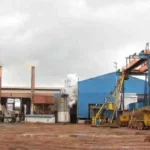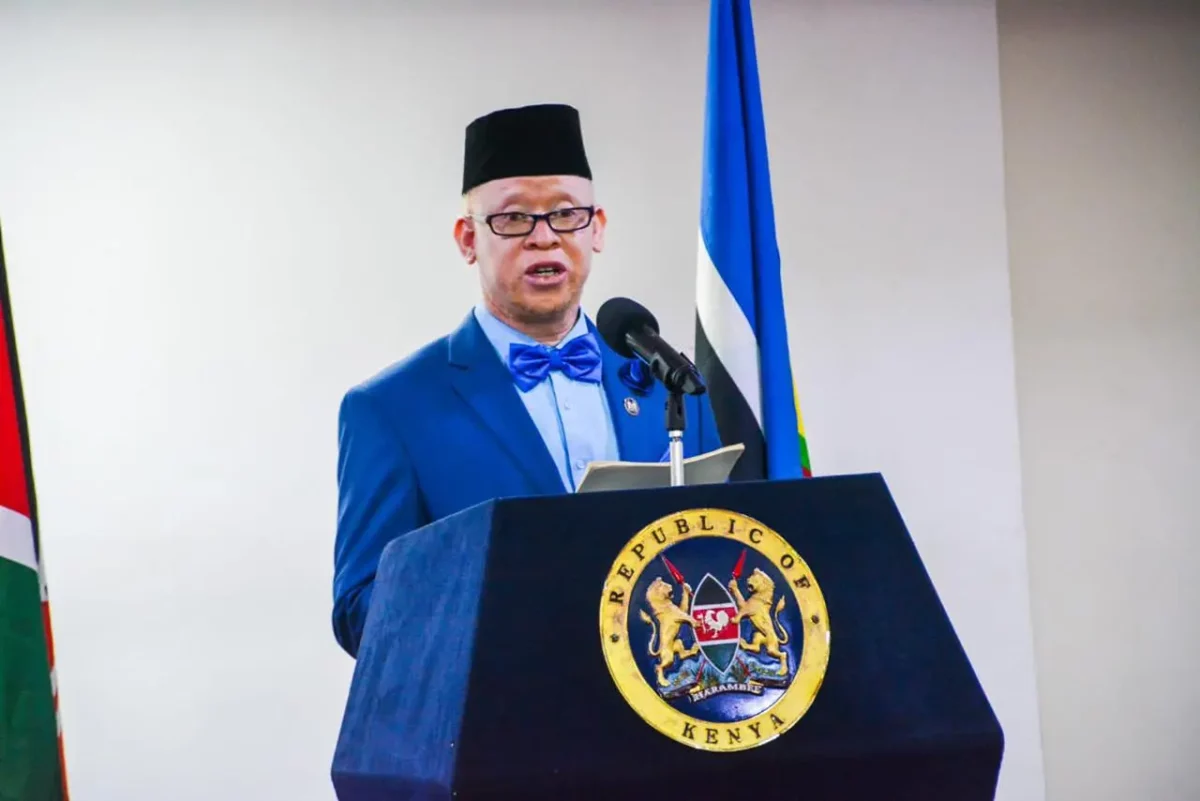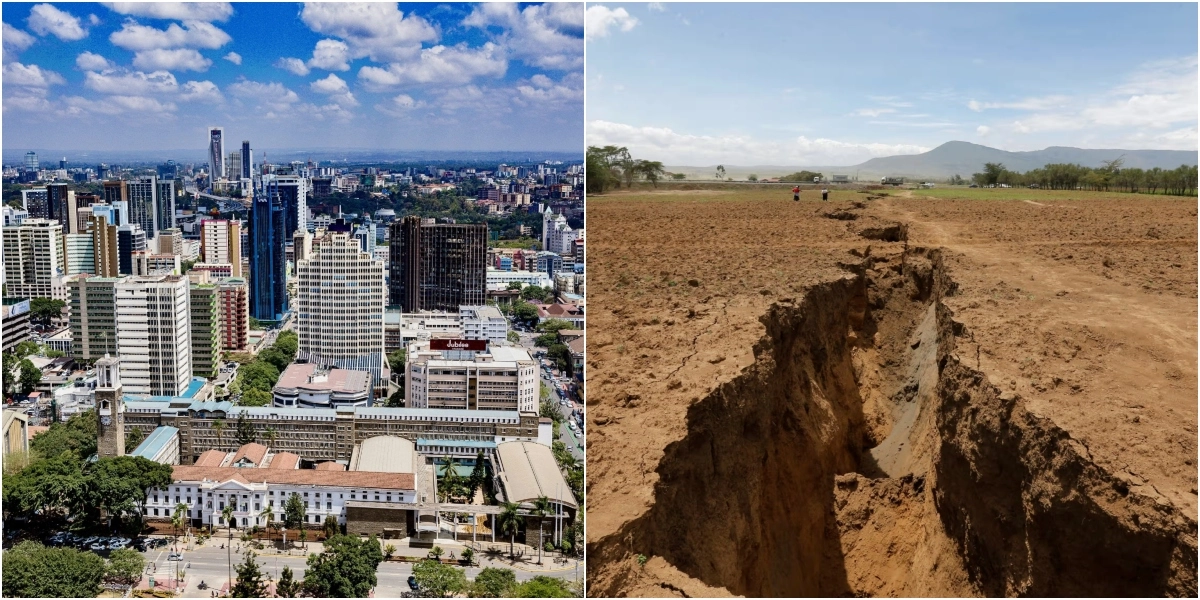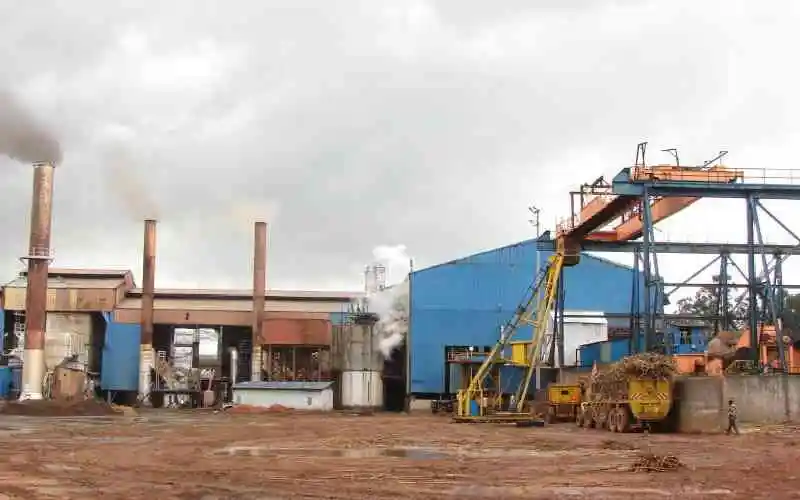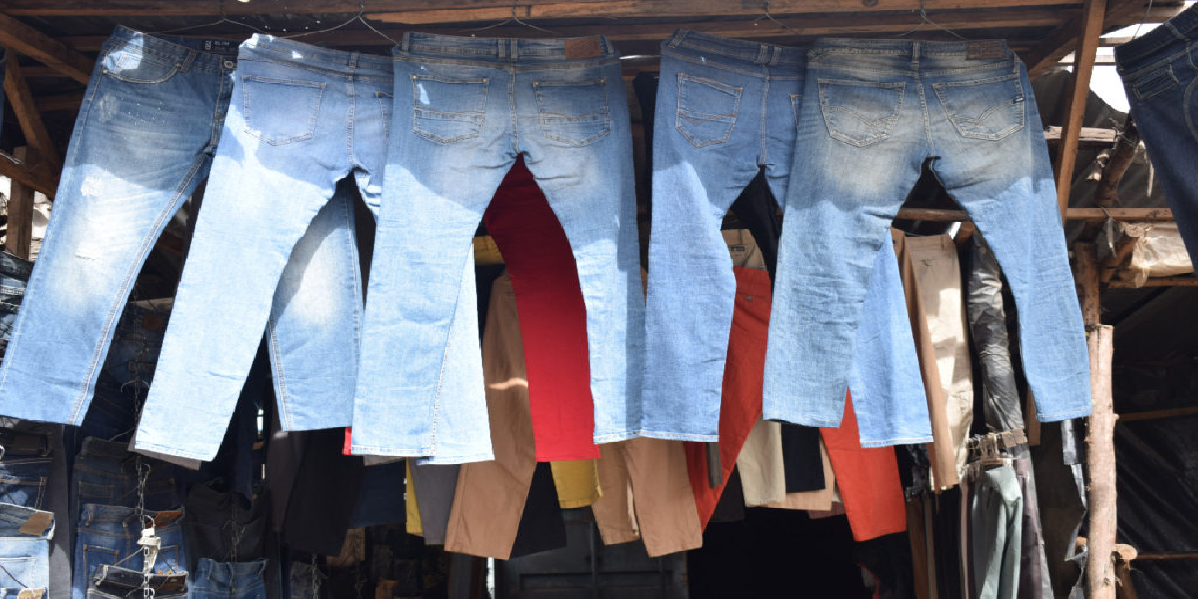In a promising stride towards enhancing food and nutrition security in Kenya, a remarkable partnership between Egerton University and China’s Nanjing Agricultural University has been making waves. Daisy Osoro, a Master’s student at Egerton University, is spearheading a groundbreaking research project in dryland farming.
Her mission: to unlock the potential of cassava varieties to address the pressing issues of food security and nutrition in Kenya.
Read also: Has Journalism In Kenya Been Compromised: Departures Into Politics And Entrepreneurship
Osoro’s work has been made possible through the Kenya-China joint laboratory for crop molecular biology, a facility established in 2016 with funding from the Chinese government.
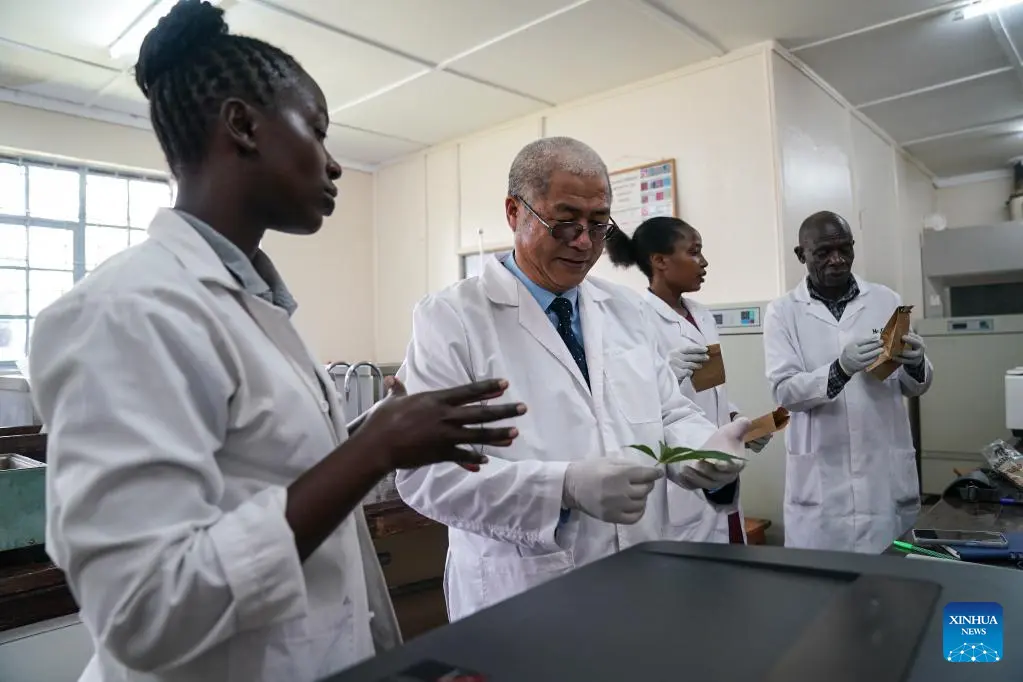
Osoro says, “kenya-china are doing a wonderful job in empowering our local universities because most of the equipment we have here actually comes from them. This is improving the skills of the students and preparing them for the outside world, equipping them to tackle issues like climate change.”
A key figure in this transformative collaboration is Professor Liu Gaoqiong from Nanjing Agricultural University, who has dedicated more than two decades to Kenya.
He imparts valuable knowledge to students at Egerton University in areas such as crop cultivation, greenhouse management, and disease and pest control.
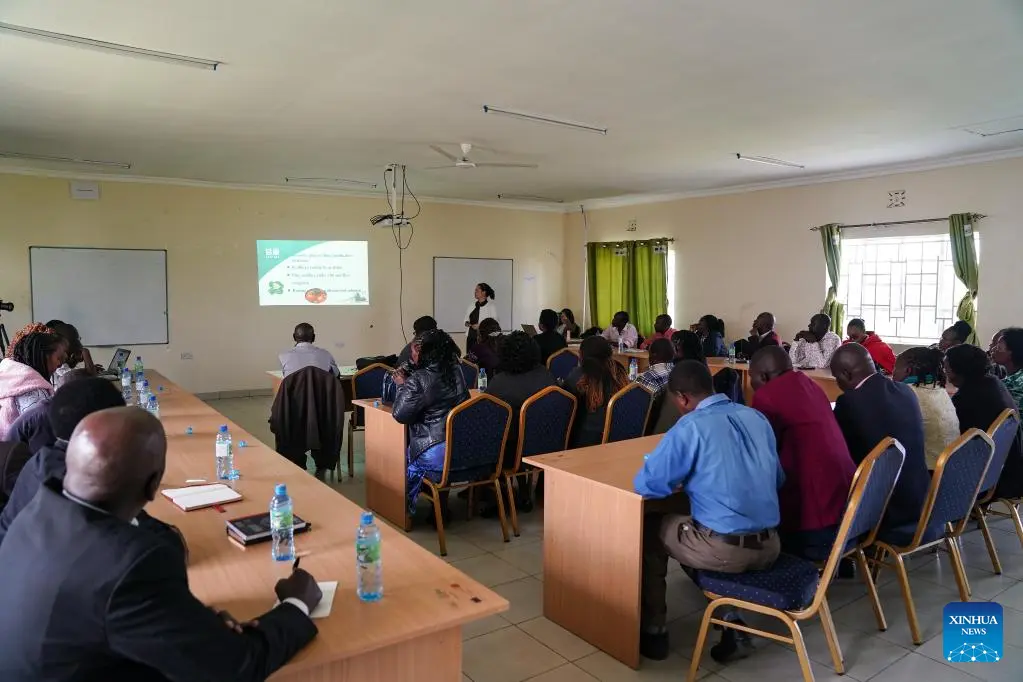
The laboratory’s primary objective is to enhance the quality of agricultural products and bridge the food production gap which can be attested by Hannah Wanjiku, a retired teacher and local farmer.
She expresses her delight, saying, “Normally when I planted the other type of beans, the native ones, by now they would have dried. But this one has gone through a stressful period of about one and a half months, and when the rain came, it just continued. I believe they have new technology which we are missing very much here in the country.”
Wanjiku goes on to highlight the tangible benefits of the collaboration, noting that, “previously, it used to take three weeks to experience flowering from the tomato seedlings, but right now it takes only two weeks to experience flowering. The crops are also drought and pest-resistant.”
Subscribe to Switch TV
Wanjiku’s village is among the first batch of demonstration villages for China-Africa’s agricultural development and poverty reduction initiatives.
The Kenya-China project exemplifies the concrete implementation of the initiatives presented at the aid ministerial conference on the Forum on China-African Operation Focus County.







